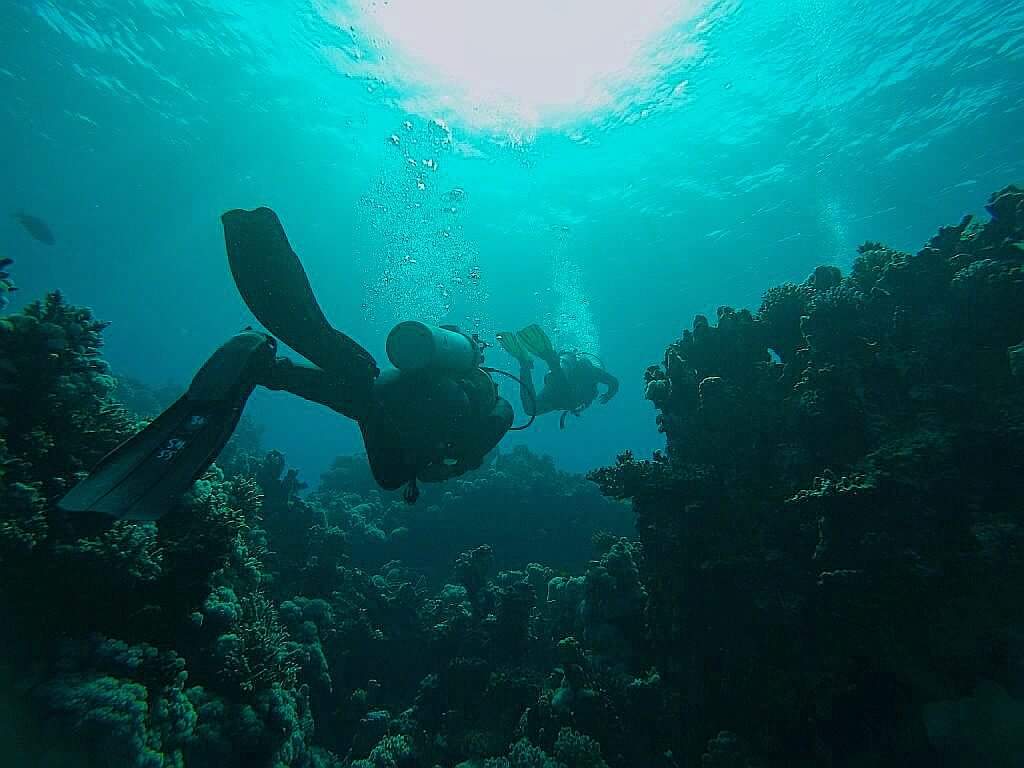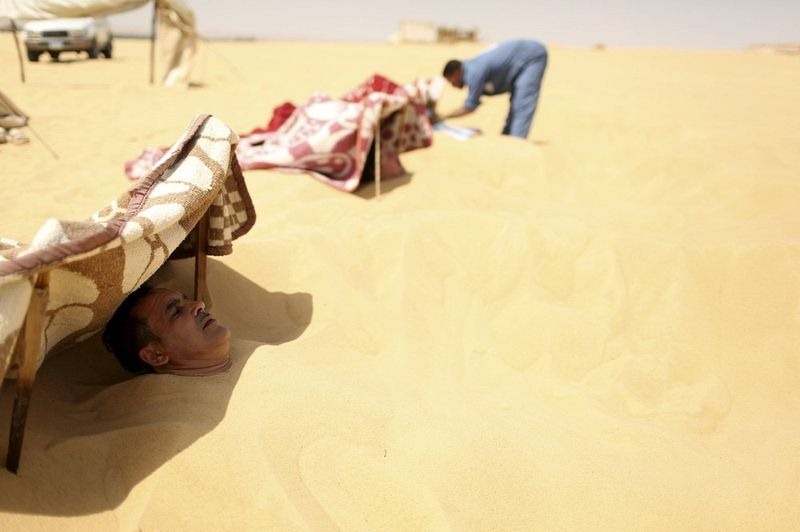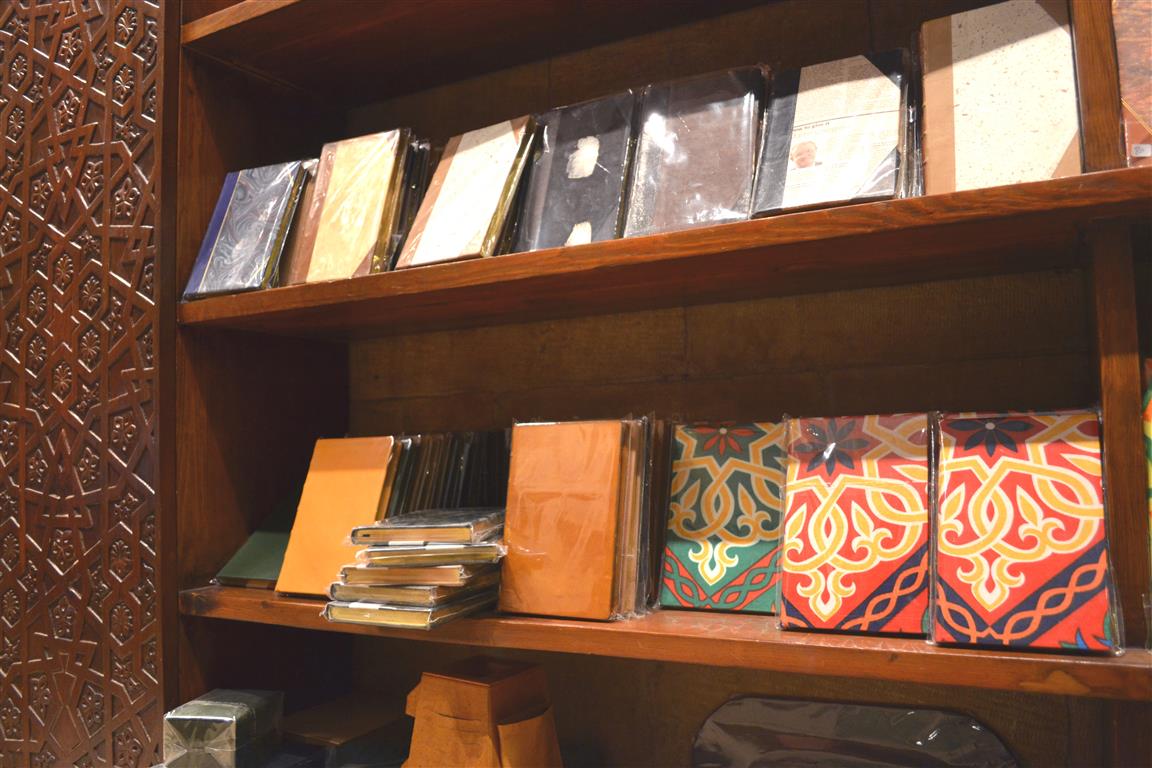
Beginners Guide to Red Sea Diving
This is a guide for those of you with no diving experience, who want to take the opportunity to learn to dive in one of the premiere diving locations in the world: The Red Sea. Experienced divers come to Egypt from all over the world to dive here, due to the crystal-clear water and diverse marine life. Beginning divers may be intimidated by this plethora of professionals, but really there can be no better place to learn.
Why Dive in the Red Sea?
In other places and in other countries, diving schools can be very expensive and, due to weather conditions or the distance from open water, divers have to start out in indoor swimming-pools. The year-round warm temperatures and calm, pool-like conditions at some of the dive sites – not to mention very affordable prices – mean that many of the beautiful reefs of the Red Sea are perfectly suitable for beginning divers, and can be experienced by divers of all levels and abilities.
Choosing the Right Diving School
If you are planning your first dive trip, what should you do?
The biggest obstacle can be choosing the organization with whom you will dive — here’s a place we highly recommend. There are so many options, the choice can seem overwhelming!
First and foremost, ensure the divers are certified instructors. The most common and world-recognized diver-certifying organization is PADI, but ISO, SSI, and GUE are other reputable diving organizations.
Is the PADI Sign Enough?
Most of the dive shops will have ‘PADI’ certified indicated on their promotional material and signs, but looking for an outdoor sign isn’t enough. Instructors and organizations who take diving safety and certification seriously will have their instructors’ most recent certifications posted on inside walls or made readily available. Furthermore, even having the proper certification isn’t enough to make an instructor or dive shop ‘good.’
How to Avoid Scams
Always have a discussion with a potential instructor about his or her expectations for divers. Sadly, many of the dive shops are just looking to make a quick dollar in an in-demand market. If you pay them, they will certify you. AVOID these kinds of shops. Diving is a perfectly safe activity for well-trained, safety-conscientious individuals. However, diving becomes very dangerous very quickly when people take shortcuts or don’t truly understand what they are doing.
The Characteristics of a Good Instructor
Before you even begin a diving course, a good instructor will speak to you about the importance of following safety procedures, of the importance of protecting the marine environment, and will make it very clear to you that paying for the class does NOT automatically mean you will be certified.
A good instructor will also explain that the number of classes it takes for a person to learn to dive varies, because the key to being a good diver is being relaxed and comfortable in the gear under the water; diving is as much a mental skill as it is a physical skill. If an instructor or dive center is pushing or pressuring you to finish in a certain amount of time or within a certain amount of courses, that added pressure can create a nervous and less-safe diver. That also means that you, as a diver, cannot put pressure on yourself to learn within a set time period.
How Long Does It Take?
A 3-5 day course is the average amount of time, but if it takes longer – or if it takes more than one trip to finish a course – let it! You’ll be a better diver in the long run. Besides, this is what makes learning to dive in the Red Sea so ideal; even if you’re still learning, you’re in the sea rather than a pool, getting a glimpse of the underwater world that is about to be opened up to you. ‘Good’ dive-centers tend to be a bit more expensive, but more often than not, you get what you pay for. Don’t be cheap when it comes to your potential safety.
What Does the PADI Open Water Course Certify Me to Do?
Finishing the PADI Open Water course certifies adults to dive to depths of 18 meters; a follow-up PADI Advanced course certifies adults to dive to depths of 30 meters.
Anything Else I Need to Know?
What else do you have to do to prepare yourself to dive? Really, there’s not much else. All of the equipment you need will be part of the course. Keep comfort in mind when packing your swim-wear; you don’t want the base layer of all the gear you’ll be wearing to be something you’ll need to adjust a lot. (Ladies, I mean wear the swimming suit, rather than the sunbathing one – from experience, strings and straps from fussy bikinis can tend to get caught on wet-suit zippers, and/or otherwise just not sit right under the gear!)
Rash guard shirts – also known as surf shirts – can come in handy as well, though by no means are necessary. They can be worn under a wet-suit to make it more comfortable, or can even replace a wet-suit in the hottest conditions. If you’re the type who gets sun-burnt easily, be sure to bring/apply ample sunscreen – but try to find the sunscreen that is safe for coral reefs. The more time you start to spend under the water, the more you will realize just how important it is to take this into consideration!
Preserve Marine Life
Finally, come with an open mind. Diving is like no other experience; not even snorkeling can come close to what you will experience when you begin to dive. Diving in the Red Sea especially allows you to enter a world like no other found on this planet. As divers, we learn to appreciate just how precious this ‘other world’ is. So please, once you’ve come to dive and fallen in love, become an advocate for this treasured environment. Should we neglect or abuse it, we risk losing it forever.
Ready to take it to the next level? Read more here about Scuba Diving Holidays Egypt
*Our featured image is courtesy of Benedikt Kuhn
We hope you really liked this blog post, as much as we enjoyed putting it together. If you want to ask us any questions, or engage with other people, join our facebook group here.
Leave a Reply
You must be logged in to post a comment.







Pingback: Scuba Seekers Diving Club in Dahab South Sinai | Why Not Egypt?
Pingback: Complete Guide to Dahab - Why Not Egypt?
Pingback: Complete Guide to Egypt's Diving Hub Marsa Alam | Why Not Egypt?
Pingback: Diving Holidays in Egypt: Scuba or Free Diving | Why Not Egypt?
Pingback: Best Volunteering Programs in Egypt | Why Not Egypt?
Pingback: What To Expect During Christmas in Egypt - WhyNotEgypt?
Pingback: Volunteering in Egypt: What You Need To Know | WhyNotEgypt?